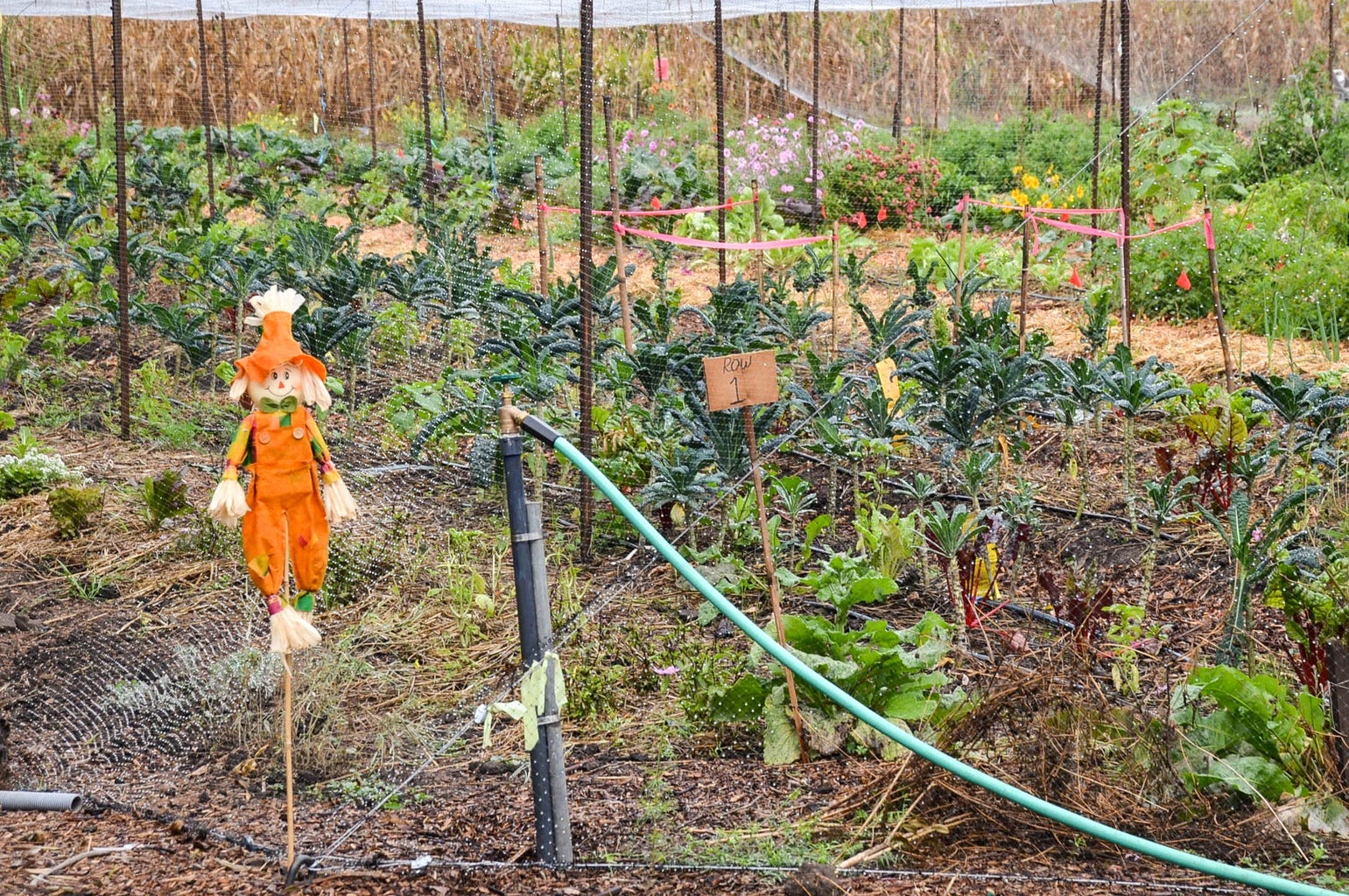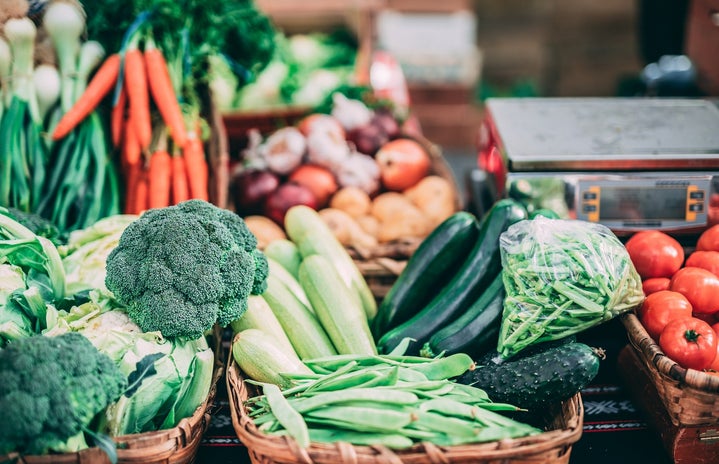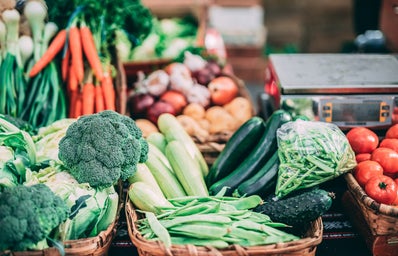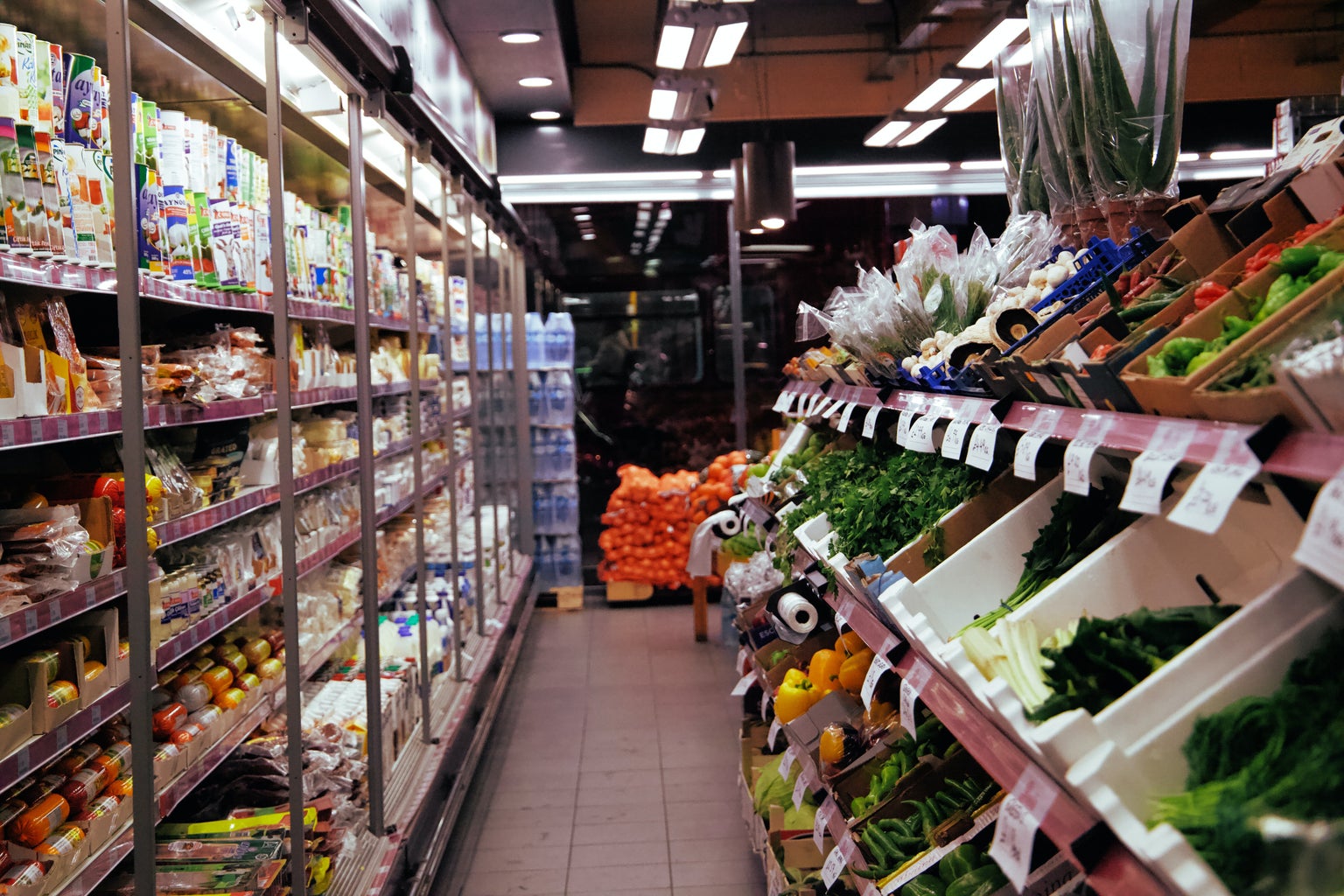Many people in the baby boomer generation are used to growing their own food or raising their own animals. Maybe they grew up living like that, or they still do it today. Most younger generations are used to the grocery store providing their food for them. So it’s somewhat surprising that homesteading is becoming increasingly popular among millennials and Gen Z. What is this rooted in, and what could the benefits be? When you look closely, it’s not all that shocking that younger people are turning away from store-bought products.
The biggest struggle that millennials and Gen Z face is economic hardship. Roughly one-third of adults in Gen Z live with their parents due to unaffordable housing, and 2023 was the most expensive homebuying year in over a decade. In 2022, the annual inflation rate for groceries was nearly 12%, a major spike compared to other years. While homesteading can be costly in the beginning, it ends up being cheaper in the long run. Buying the initial soil, seeds, and equipment to start a garden or mini-farm may dissuade a lot of people, but after a couple of months, you’ll be able to grow the majority of your food at home with cost nowhere comparable to that of a grocery store bill.
Another large contributor to the homesteading movement is sustainability. Younger generations are more likely to care about global warming and the environment. This could look like younger people veering away from consistent plastic use and buying more reusable versions of everyday products. Most reusable and environmentally friendly products seem to have marketing aimed at younger people, with fun colors and fonts that typically appeal to younger age groups. Homesteading is beginning to be considered one of the better options for the environment. Rather than buying groceries packed in plastic bags or containers once a week, many would rather grow their own food in their backyards. This also cuts back on gas and transportation that contributes to air pollution. The average American home’s carbon footprint can be nearly cut in half by homesteading. Large farms that mass produce animal products for grocery stores are not only wildly unethical by trapping chickens, cows, and pigs in small pens or cages but also contribute majorly to global emissions. When you have enough space to even house a couple of chickens or at least a garden to grow your own herbs, fruits, and vegetables, not only is it better for the environment, but it allows the animals to live in much better conditions if you properly take care of them.
Another thing people worry about is the use of pesticides in the fruits and vegetables in grocery stores. Glyphosate is a common ingredient in most herbicides. This chemical is finally starting to be considered toxic and even cancer-causing. Glyphosate, despite rising health concerns, is still widely used in American agriculture. In fact, the use of glyphosate herbicides has been increasing over the past few decades. The food it is sprayed on is then shipped off to American grocery stores. Even after the International Agency for Research on Cancer labeled it as a carcinogen, the Environmental Protection Agency has deemed it safe for human consumption and has allowed it to keep being sprayed onto our foods. While we can all agree that we don’t want pests in our food, there are much safer alternatives. These are not as common because they’re typically more intricate, time-consuming and sometimes a bit more expensive. But since everything is expensive these days, younger generations are deciding that their health is worth the extra cost.

The use of pesticides is just one aspect of the health argument incentivizing people to begin homesteading. More and more people are turning away from foods with chemicals in them to preserve freshness or keep them shelf-stable. Many people are trying to turn away from processed foods altogether. While homesteading is an extreme reaction to this, younger people in general are waking up to the consequences of a diet full of the food and snacks regularly stocked in stores. Colon cancer recently became the number one cancer-related cause of death in young men and the second cancer-related cause of death in young women. For decades now, colon cancer has been increasing in younger generations, with some of the biggest data spikes in millennials and Gen Z. One of the biggest contributors to colon cancer is a poor diet. I know I’m not the only person who discovered how easy it is to get fast food on a daily basis once I got my driver’s license at 16. However, a poor diet doesn’t just refer to how often you eat foods considered “unhealthy,” but also what ingredients go into any food you’re eating. One common example of this is the recent caution surrounding red dye 40. Red dye 40, a food dye made from petroleum, is garnering a lot of negative attention right now, especially from parents. There is some, although not a substantial amount, of evidence linking red dye 40 to worsening hyperactivity in kids with ADHD. A lot of parents have shared their stories about how their children’s behavior changed overnight when eliminating dyes from their diets. There are also quite a few ingredients found in American food that are banned or more heavily regulated in other countries. Overall, many people turning to homesteading will make the argument that food sold in the United States is not regulated enough and is contributing to colon cancer along with other severe health conditions caused by a poor diet.
There are a lot of reasons to start caring about where your food comes from and what might be in it. It ultimately depends on your personal preferences and priorities. Homesteading is something a lot of younger people are turning to in a time of economic insecurity and distrust in government and food. Plenty more people are frustrated with grocery store prices and government actions that have not made such an extreme switch, but it’s interesting to see how people in younger generations are reacting to what I believe is a clear crisis in the United States.



